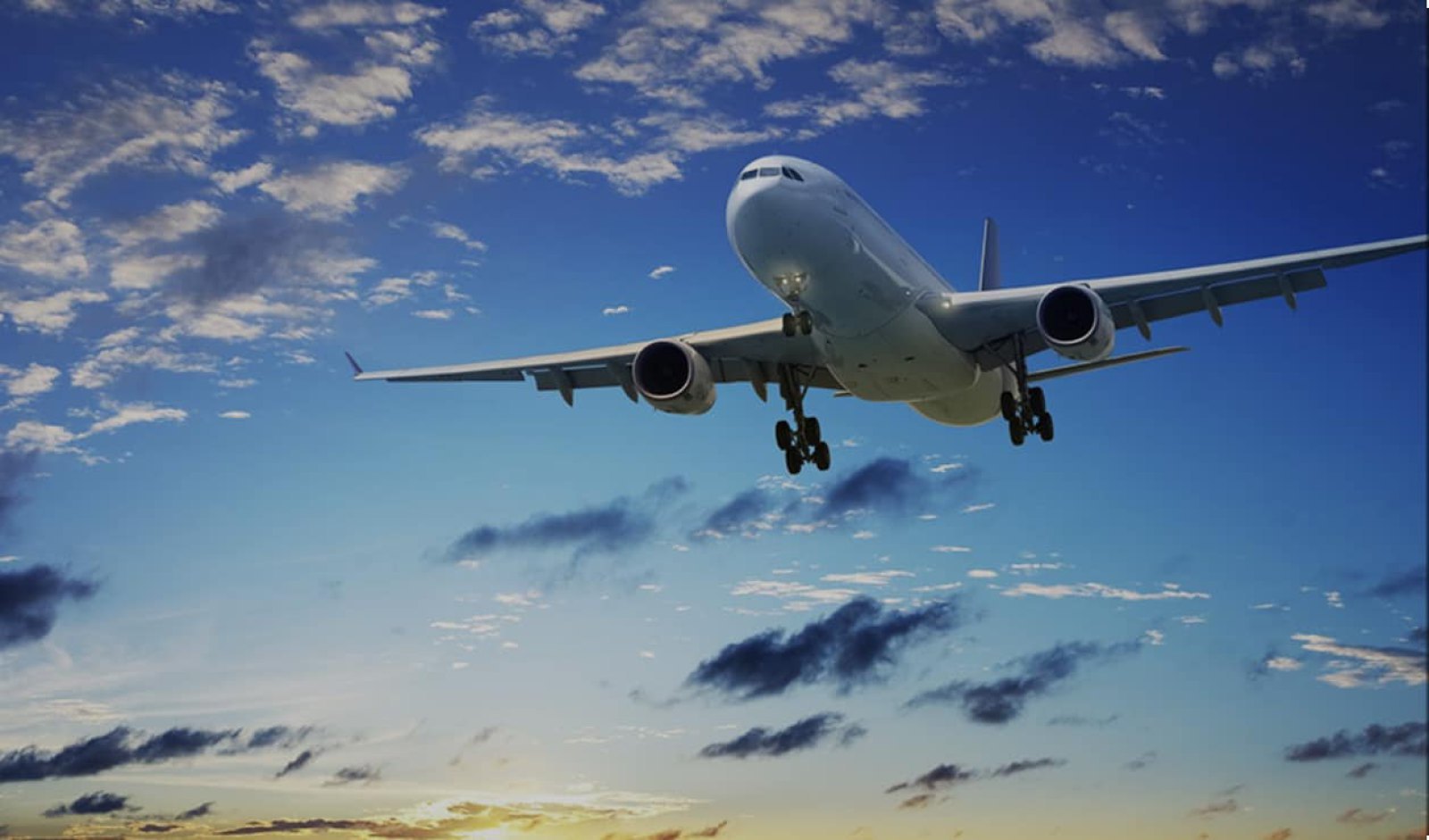Last September, Oleksandr Kubrakov, then minister of infrastructure, said at the 17th annual meeting of the Yalta European Strategy (YES) in Kyiv that his ministry considered Lviv airport to be the first to resume operations, if there were security guarantees.
This summer, the head of the Lviv Regional State Administration, Maksym Kozytskyy, did not rule out that the airport could be opened partly as a humanitarian corridor.
Ukraine is being included in the EU's Connecting Europe programme, he explained. He added: "The opening of the airport is one of the things we are looking forward to. This issue has been raised, and we hope that like the grain corridor, there can be a humanitarian corridor." The European Union would have to ensure it.
Yuriy Ihnat, a spokesman for the Ukrainian Air Force, said on the United News telethon that before opening any airport, threats and dangers must be assessed, as cities in western Ukraine are still under fire from Russia. If Ukraine has an airport, "they [the Russians] will see it as a potential target". In fact, all airports in Ukraine are used, Ihnat noted, but only by the military to defend the state and attack the enemy.
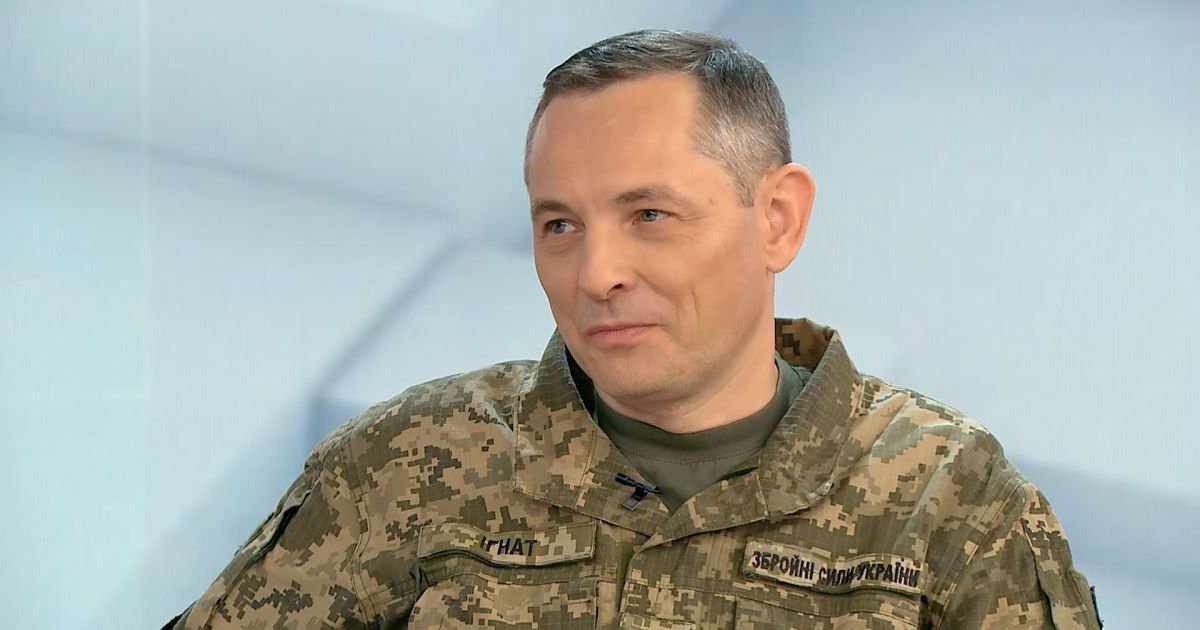
"The issue of airfields is important. Of course, we want to have air traffic. In particular, with our partners. But it needs to be protected by something. Patriot systems that can protect against ballistic missiles, Iris-T systems, NASAMS – we don't have enough of them," Ihnat said.
In an interview with One Plus One TV, Foreign Minister Dmytro Kuleba said that Lviv airport could be opened if Ukraine had F-16 fighter jets.
"We would all like to see at least one airport open, but it is a matter of safety and whether the airlines will resume operations. We are working on it, we want it to happen as soon as possible. But the fact that Eurocontrol (the European Organisation for the Safety of Air Navigation - Ed.) has expressed its position too conservatively is unequivocal. By the way, if we had F-16s, they would patrol the Ukrainian sky. And Lviv airport could have been opened without any worries at all. It's all about delays in decision-making," Kuleba explained.
It is worth noting that the European Organisation for the Safety of Air Navigation has maintained restrictions on flights in the airspace of Ukraine, Russia, Belarus and Moldova in its forecast until 2029.
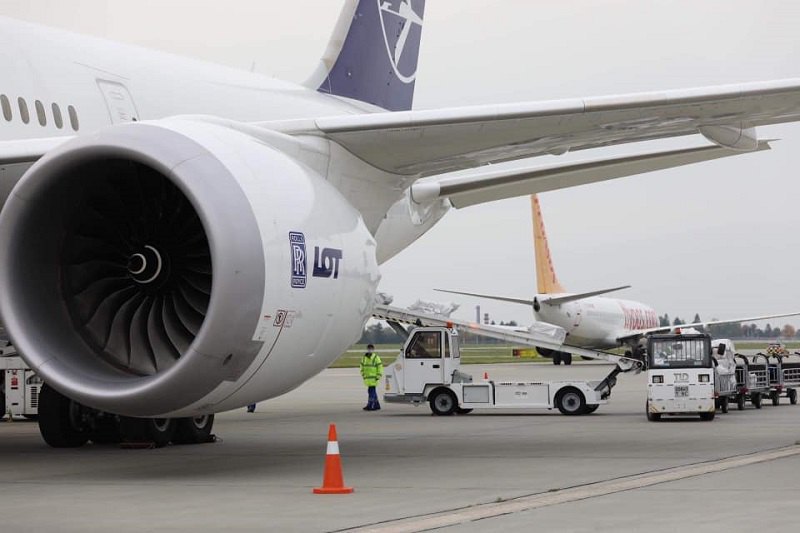
Interestingly, in the summer, the Transcarpathian Regional Council decided to allocate UAH 26 million to Uzhhorod airport, and the head of the regional council, Volodymyr Chubirko, was confident that the facility would be launched "in a month or two". Among its advantages is that the runway threshold is located a few hundred metres from the Ukrainian-Slovak border, so the aircraft can land on instruments and use Slovak airspace. However, a few days later, the head of the Transcarpathian Regional State Administration, Viktor Mykyta, denied plans to quickly reopen the airport.
By the way, Europe's largest low-cost airline, Ryanair, said it would resume a small number of flights by the end of the year if Ukraine agreed to partially open its airspace.
On 22 November, Maksym Kozytskyy said that Turkish Ambassador Extraordinary and Plenipotentiary to Ukraine Mustafa Levent Bilgen was ready to lobby for the opening of Lviv airport if our air defence was strengthened enough to make it safe.
Andriy Sadovyy, mayor of Lviv: "I believe that in 2024 we will have air connections with the world"
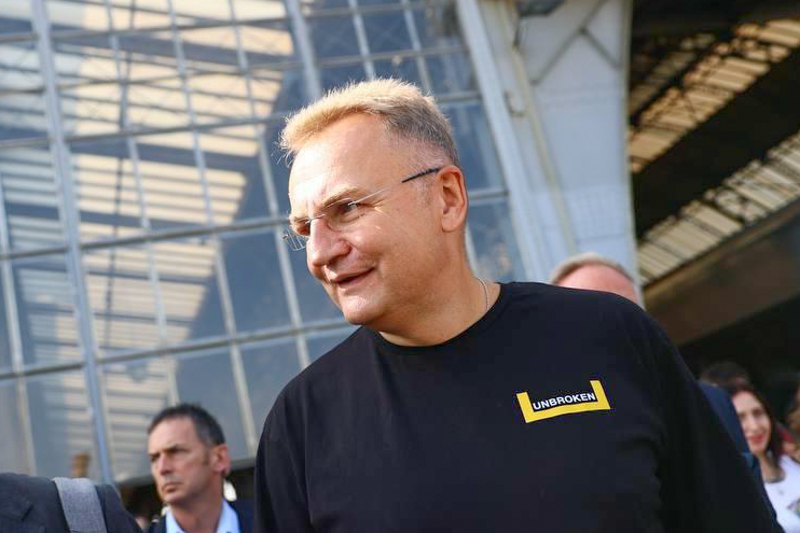
"Just three or four months ago, we had interesting meetings with colleagues responsible for security in Israel. They came specifically to monitor the situation in view of the possibility of opening Lviv and Boryspil airports.
After analysing the situation, they clearly said that flights should be reopened immediately. Because we are losing a lot of opportunities. And if we do not resume flights in 2024, we will lose them altogether.
They cited the example of Israel. When they made a political decision about Ben Gurion Airport and the military implemented it. By the way, Israel has a similar situation to Lviv. Tel Aviv is 30 kilometres away from the safe zone, the sea. Similarly, Lviv is 30 kilometres from the safe zone, the border with the EU. The flight time is only three to four minutes.
Today, it is quite possible and feasible to ensure maximum flight safety.
How? The military knows what to do. For example, Israel had a similar practice. They are ready to share their experience.
Of course, I would really like to see Boryspil airport reopened as well. But given the proximity to the border with Russia and Belarus, it will probably be more difficult.
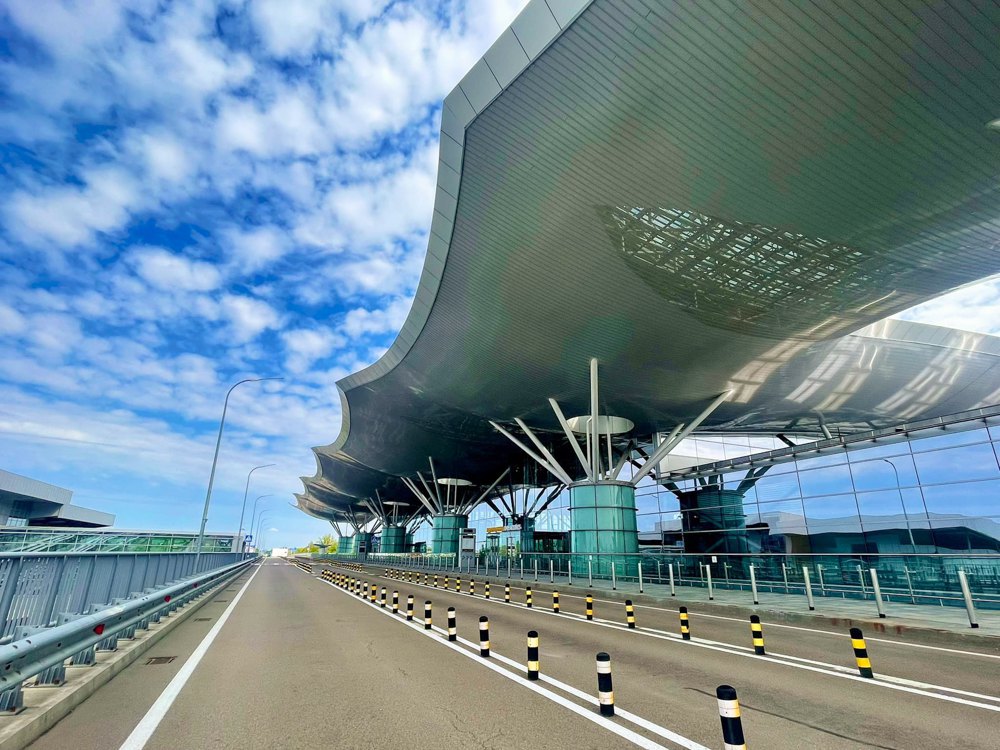
However we must begin. Why is this important from an economic point of view? Because a high-quality missile defence system will provide a sufficiently wide security zone. We are already talking about tens or even dozens of kilometres, which will allow us to actively develop the relevant industries and give people who are willing to invest more stable guarantees.
Of course, there are no 1000% guarantees. But we have to live. Today it is difficult to predict when the war will end. Therefore, we need to do everything possible. For investors to feel safe, people should be able to fly to Ukraine.
I have sent the relevant appeals to the state leadership. I believe that in 2024 we will have air links with the world.
Volodymyr Omelyan, minister of infrastructure in 2016-2019: "Everything has long been ready to launch the airport in Lviv. We can also build a runway in Uzhhorod within six months. Security will be ensured by one Patriot system."

"I confirm that Lviv airport could have been launched a long time ago. Or we could have built an emergency runway in Uzhhorod. We can agree that this is a force majeure situation and that aircraft will be approaching the airport from the Slovak side.
As for security risks. Yes, they are high, we have to be honest about it. When we were working on a comprehensive programme to rebuild Ukrainian airports, there was the issue of Mariupol. Although there was no hot phase there, it was still too close to the border. We couldn't take any risks. The local airport never resumed operation.
In the case of Lviv or Uzhhorod, the situation is now radically different. We can only talk about potential threats from missile strikes or long-range UAVs. To make this impossible, it is enough to have one Patriot air defence system to guard the perimeter. And it would then protect not only the airport but the entire city. This is very important for Lviv.
Of course, we need to hold separate negotiations with airlines. For example, I am still not sure that large Western companies are ready to return at the first stage of the launch and take certain risks. Nevertheless, we have sufficient resources of our own. First, we are talking about private airlines. Second, the same Sky Up flies in worse conditions in some countries in Asia or Africa. UIA is actually being bankrupted and is selling off its assets. In fact, there are only one or two planes left, everything else was leased. At the same time, these are branded planes, trained crews, and handling (ground handling), so the state could simply buy it all. The idea of a state-owned airline could work. Or there is the option of signing an agreement with the government to operate several flights. To launch the route so that everyone can be sure that it is safe. And after that, I think even Ryanair could join in. Because they were the last to leave the Ukrainian aviation market. And they have repeatedly announced that they will be the first to return.
Volodymyr Kreydenko, Deputy Chairman of the Verkhovna Rada Committee on Transport and Infrastructure (Servant of the People faction): "In order to open airports, Ukraine needs to re-apply for certificates from the International Civil Aviation Organisation, ICAO. This means time and money"
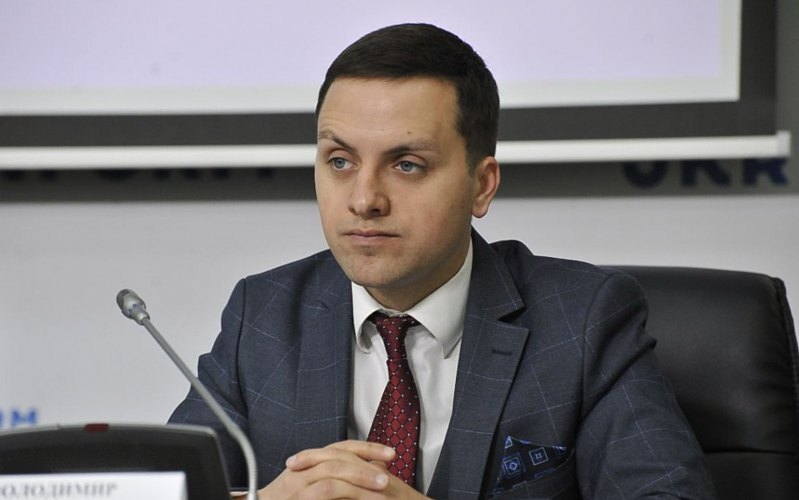
"When we launch any airport, we must first of all guarantee the safety of passengers. When it comes to Lviv, unfortunately, there are no such guarantees.
As for the airport in Uzhhorod, it is the closest to Slovakia.
The runway is right next to the border, and the planes enter the airspace of NATO and the EU.
It is clear that Lviv airport is better in terms of characteristics, as it can accommodate large passenger aircraft, but the distance to the border with NATO and the EU is bigger. Therefore, there is a risk that the Russians will launch a Kinzhal or other ballistic missile at any time, which can reach the location very quickly, including the western regions of our country.
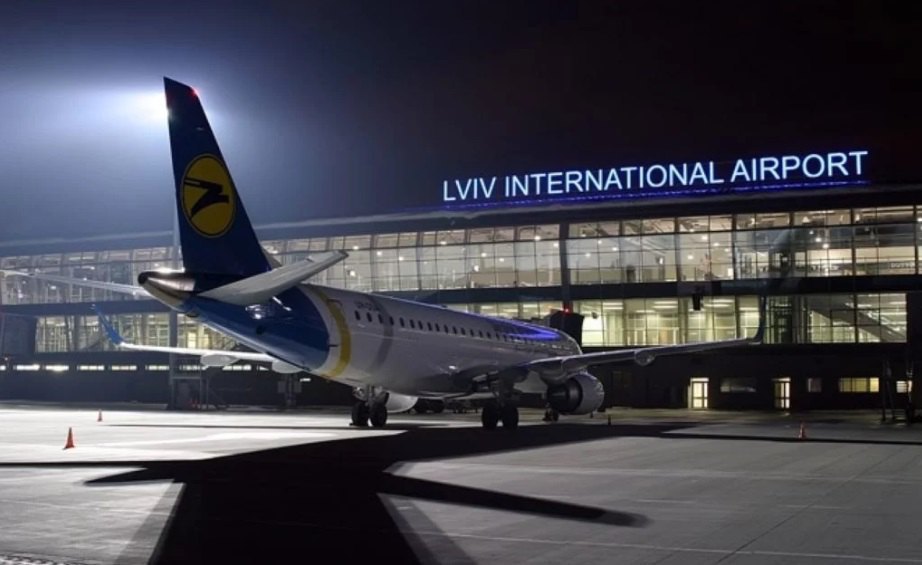
Who will be responsible if people are injured or killed? Our first priority is to save people's lives. I understand that it is now difficult to find tickets for trains and buses. Not to mention the economic losses for the country.
And even if air defence is strengthened, it still does not provide 100% guarantees of safety from debris that affects both people and buildings.
An important point. Under current legislation, our aviation industry is already integrated into the international aviation safety environment. The primary requirements of the European environment concern security. The current legislation on air transport safety states that even if the war ends tomorrow, we have our airports and runways recertified.
Ukraine is a member of the International Civil Aviation Organisation, ICAO, which is a kind of European family for flight safety. It is the authority that reissues such certificates.
So, in principle, the airport in Uzhhorod could be launched. But for this, it is necessary to install navigation systems in Slovakia. If we're talking about the economy, although safety is a priority, Europeans always count the money. They use facts and figures, stressing that it is unprofitable to launch an airport in Uzhhorod. It would mean too little passenger traffic and high ticket prices. Ukrainians can get the same services at lower prices by crossing the border relatively quickly to Slovakia or Poland.
